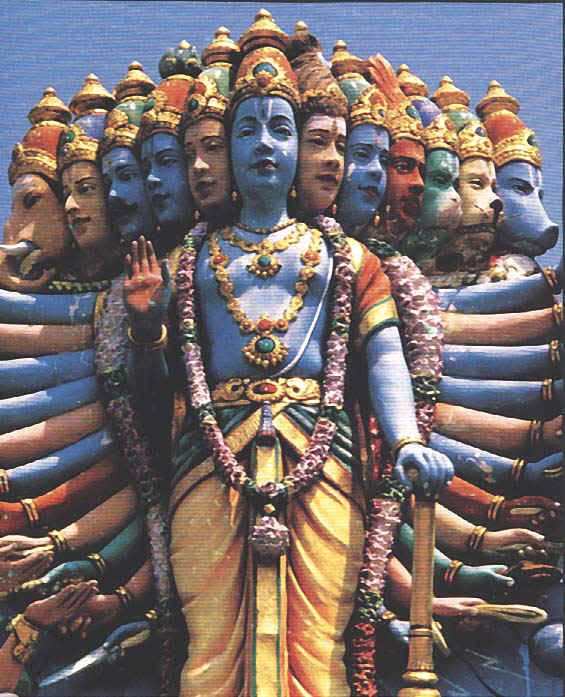Getting it Right

This is a retrospect. I've posted it today because I have been growing really, really alarmed... and just plain mad.
I have been doing a lot of thinking about the positions and conversations undertaken in the Church today. The question begged so often is this: why bother with orthodoxy anyway? Orthodoxy is troublesome and often quarrelsome, bringing to bear that "sword" that Jesus mentioned, that sword that can divide soul from spirit, even the members of the most intimate household from one another. Love is the commandment, after all. The Pharisees bothered with orthodoxy, and we do not want to be like them- Jesus could not stand them. Isn't the experience of mere sincerity and openness to God all that really matters? Should Christians not position themselves to dialogue with Characteristic Politeness at every turn, perhaps even disregard the points on which the tradition has spoken in order to remain flexible and inclusive?
I continue to kick this question around. Why bother with orthodoxy anyway?I have been doing a lot of thinking about the positions and conversations undertaken in the Church today. The question begged so often is this: why bother with orthodoxy anyway? Orthodoxy is troublesome and often quarrelsome, bringing to bear that "sword" that Jesus mentioned, that sword that can divide soul from spirit, even the members of the most intimate household from one another. Love is the commandment, after all. The Pharisees bothered with orthodoxy, and we do not want to be like them- Jesus could not stand them. Isn't the experience of mere sincerity and openness to God all that really matters? Should Christians not position themselves to dialogue with Characteristic Politeness at every turn, perhaps even disregard the points on which the tradition has spoken in order to remain flexible and inclusive?
In the fourth century's heated debates within the Church, Gregory of Nyssa urged his flock to "struggle against the enemies of the truth, and not to shrink from the task, that we fathers may be gladdened by the noble toil of our sons; ...as you turn your ranks, come against us the assaults of those darts which are hurled by the opponents of the truth, and demand that their hot burning coals be desolate, and their shafts sharpened by knowledge falsely so called should be quenched with the shield of faith..."
Why is such "struggle" commended? Because, Gregory continues, the issues of orthodoxy are not benign matters. If what we believe is true, the devil is much like a roving lion actively seeking souls to devour; the sheepfold is troubled by wolves constantly stalking to consume the neglected sheep of haphazards shephards. The world's idols are a dangerous enemy to those whom Christ loves.
As Gregory puts it,
"In truth, the question you propound to us is no small one, nor such that but small harm will follow if it meets with insufficient treatment. For by the force of the question, we are at first sight compelled to accept error...in this monstrous dilemma.... even if our reasoning be found unequal to the problem, we must keep for ever, firm and unmoved, the tradition which we received by succession from the fathers, and seek from the Lord the reason which is the advocate of our faith...to avoid any resemblance to the polytheism of the heathen."
And there you have it. It is the same injunction that we find in Paul's railing against the teachings that were not "from us," and in James' quieter, somber command, "little children, keep yourselves from idols." We care about orthodoxy because God hates idolatry. He forbids the worship of any semblance of Himself that is not truly Himself in actuality. He has thus revealed Himself in propositions that speak mercifully to our reason and our our human language, and thus invites us to worship in spirit- and in truth. There is no other God, and He will have no semblance put before Him. So we must be clear. A mistaken notion of Him is not Him.
And when we worship with false, mistaken notions of who He is, we fail to worship Him as He really is, and instead accept a dim image merely.
Of course there is no condemnation for humanity, for me, who, though found in Christ, wrestles with the finitude of mind and opportunity in apprehending Him "correctly." A child who lacks theological understanding entirely can still worship reall well. But again, we have the stern Scriptural command to dilligence... "be not chidren in your understanding," "rightly divide the word of truth so that you need be ashamed," etc.
There can be no Christian acquiesence to idols of any kind. God hates them. It is the God of Israel in the Crucified who fights against every delusion, every entrapment, every weapon that keep us from Him. Knowing that He wants us so much, we should do no less. We need to be with Him, as He is, not with a mistaken idea of Him.
In the words of some civic hero, eternal vigilance is the price of freedom. It is certainly the price of true intimacy with God.


<< Home